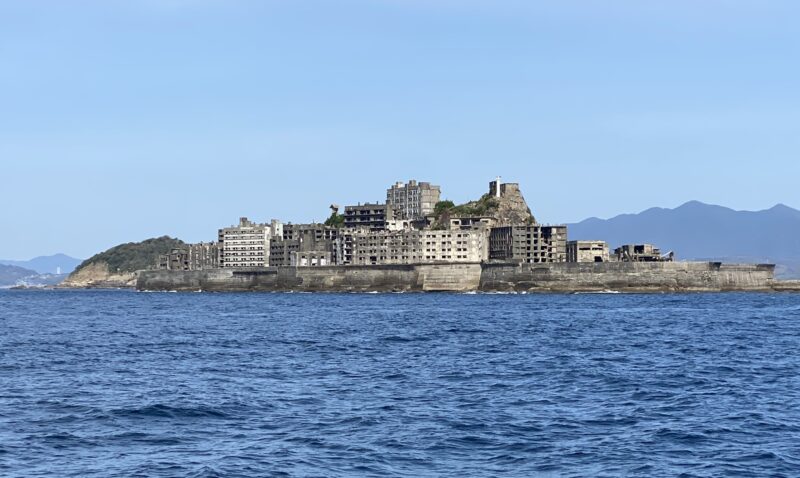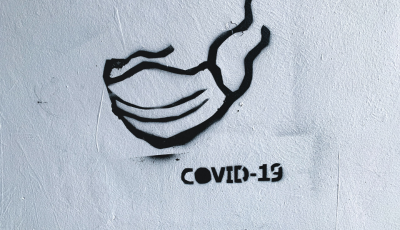Heritage Studies

The field of heritage studies has been flourishing globally for several decades. Likewise, the curation of the public of sites of heritage, whether individual buildings or larger clusters in a community, has been thriving. Local, national, and international organizations around the world have played an important role in recognizing or authorizing sites of heritage. At the international level, UNESCO recognition of World Heritage Sites and its Memory of the World register have been of particular importance, as well as the focus of some controversy setting nations (or national leaders and interest groups) at odds with each other.
Much of the scholarship in this field has been focused on heritage of the “West,” although in the 21st century critical voices from the “Rest,” or from once-marginalized groups in the West, have presented alternative views as to what constitutes heritage and who should play a role in recognizing and preserving it. The designation of heritage in Japan, indeed as elsewhere, has a long history going back well before the academic field of heritage studies developed. And in Japan as elsewhere, significant controversy—both domestically and internationally--has accompanied efforts to recognize what might be called sites of “difficult heritage”, such as those related to imperialism, colonial rule, or war.
The specific activities of this project will evolve reflecting the interests of participants. To start, we are reading and discussing foundational academic writing on the topic. In the future we may share our own work in progress, convene in conference format, or work on publications.















